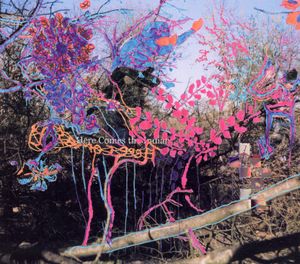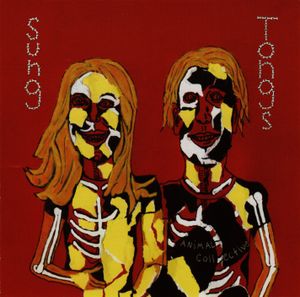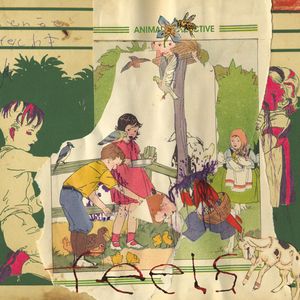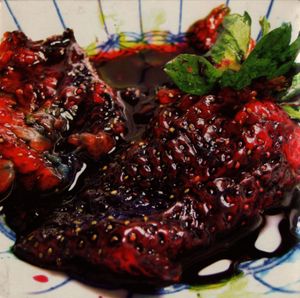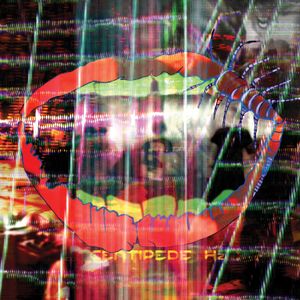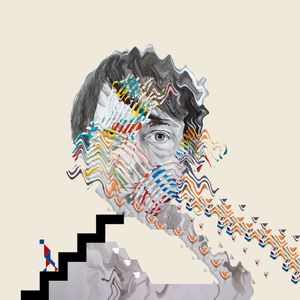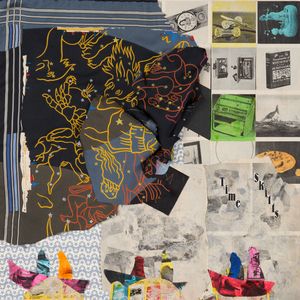
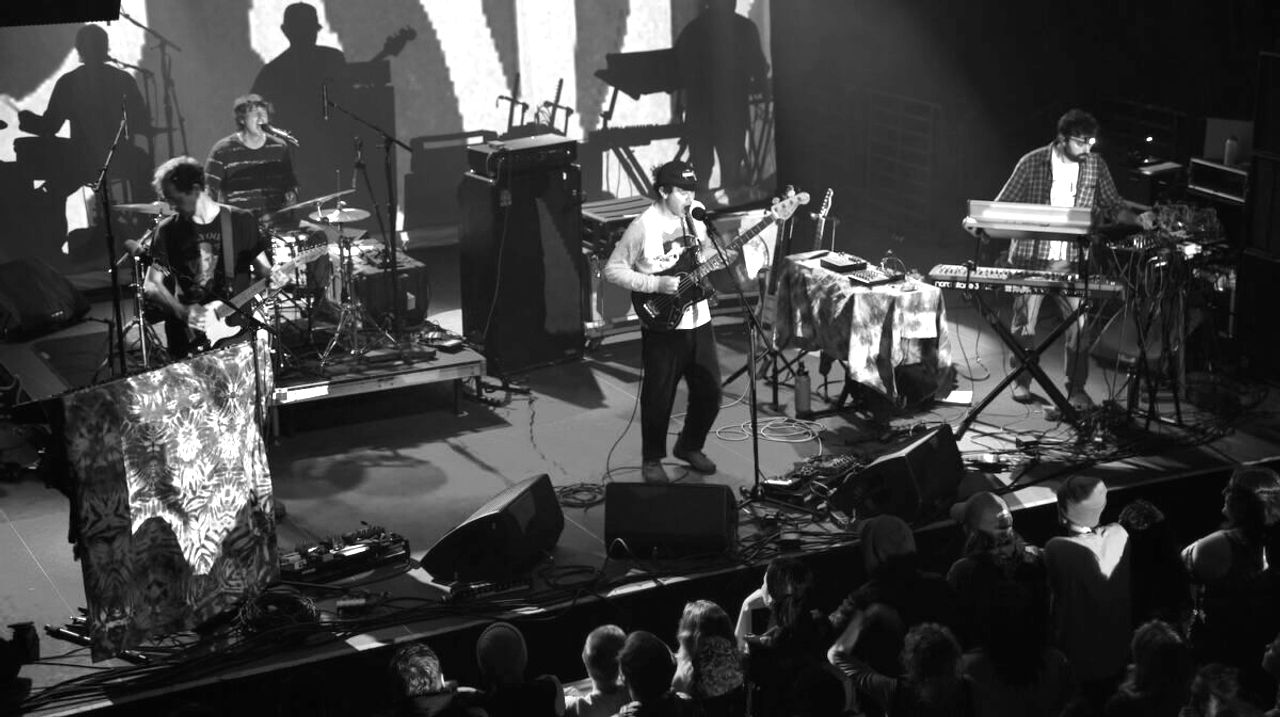
Animal Collective
Follow Your Favorite Band Today!
Top Animal Collective Community Posts
Story of Animal Collective
Animal Collective: A Sonic Tapestry Woven from Psychedelic Threads
Animal Collective, hailing from Baltimore, Maryland, is an American experimental pop band renowned for their sonic exploration. The band's core members, Avey Tare (David Portner), Panda Bear (Noah Lennox), Geologist (Brian Weitz), and Deakin (Josh Dibb), have woven together a rich tapestry of sound, blending psychedelic textures, freak folk, noise, and electronica. Their signature style is characterized by the masterful use of loops, drones, sampling, vocal harmonies, and sound collages, creating a truly unique and immersive listening experience.
AllMusic's Fred Thomas aptly described Animal Collective as the "face of independent experimental rock" during the 2000s and 2010s, highlighting their influential impact on the scene. The band members, who met during their school years, embarked on a musical journey from a young age, collaborating on various projects. In 1999, they established their own record label, Paw Tracks, which launched their debut album, Spirit They're Gone, Spirit They've Vanished (2000), and featured work from other artists.
Their 2007 album Strawberry Jam marked a significant milestone, becoming their first to chart on the Billboard 200. However, it was their 2009 follow-up, Merriweather Post Pavilion, that truly catapulted them to commercial success, reaching number 13 on the US chart. This album, with its reverb-laden psychedelic pop, proved highly influential to independent music over the next decade, solidifying their position as sonic pioneers.
While the name "Animal Collective" is synonymous with all four members, their collaborative process has evolved over time. Early collaborations between Lennox and Portner eventually led to the official formation of the band when all four members joined forces for the album Ark (originally titled Here Comes the Indian) in 2003. Most of their earlier collaborations have since been retroactively categorized under the Animal Collective discography, showcasing the collective's rich and ever-evolving artistic journey.
Frequently Asked Questions
Bands you may like
More Electronic Bands
Discover more bands in the Electronic genre and explore the diverse sounds that define this musical style.
Browse All Electronic BandsMore Bands from United States
Discover the rich musical heritage of United States and explore bands that represent the country's unique sound and culture.
Browse All United States Bands
